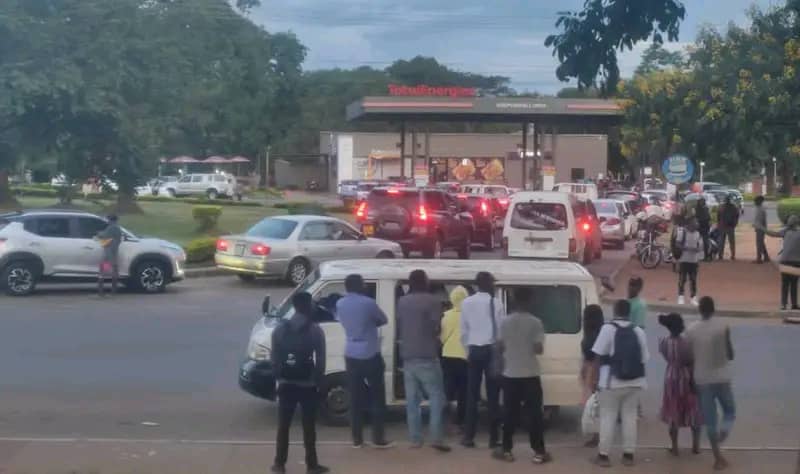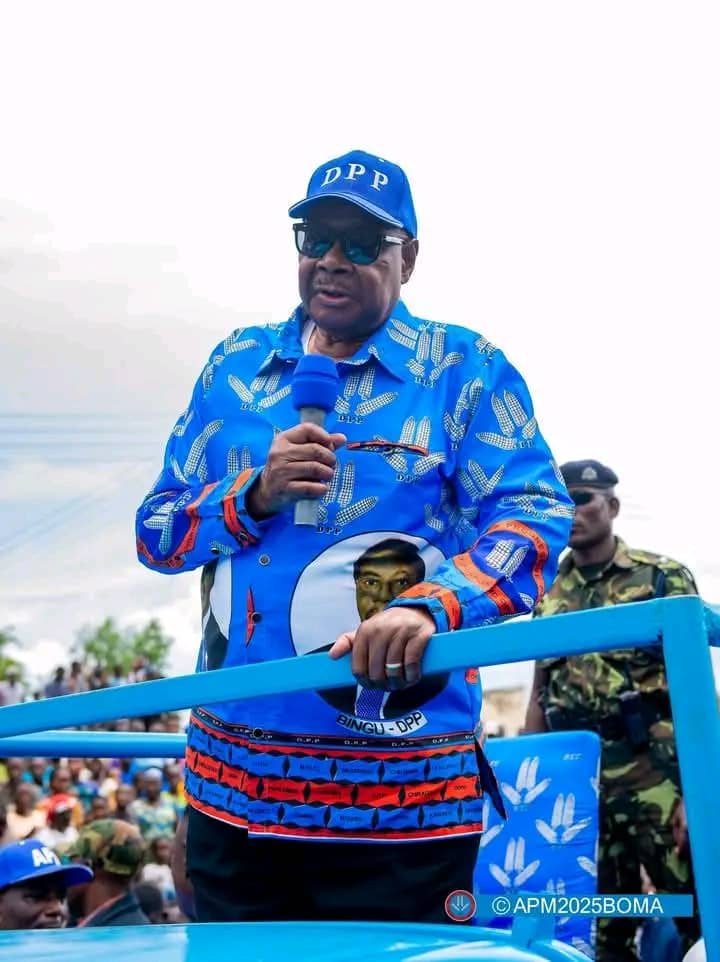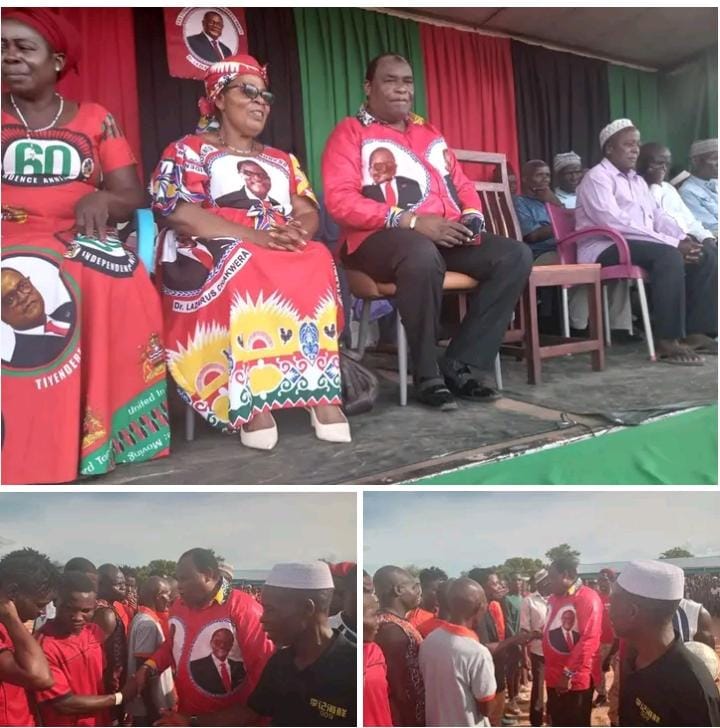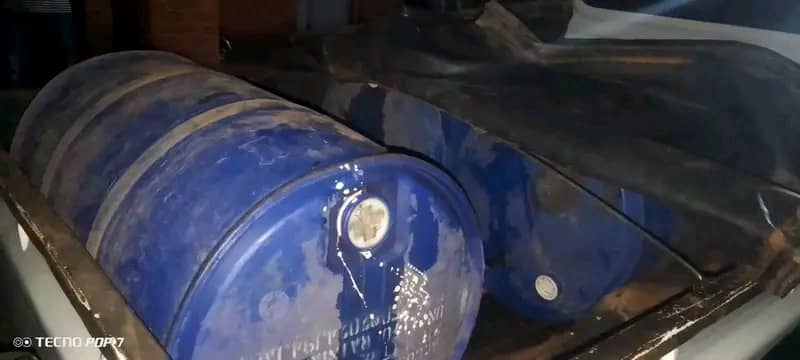By Burnett Munthali
Malawians are heading to the polls today under the shadow of severe economic hardship.
Fuel shortages have become a daily struggle, with long queues snaking around petrol stations across the country.
These shortages have frustrated citizens and disrupted transport, commerce, and daily life, highlighting the extent of the crisis.
Fertilizer costs, particularly for maize production, have skyrocketed, leaving smallholder farmers struggling to secure adequate supplies for the planting season.
Food prices have surged, with inflation pushing basic commodities out of reach for many households.
The rising cost of living has deepened public anxiety, shaping voter sentiment in ways that go beyond political rhetoric.
President Lazarus Chakwera and his rivals face scrutiny over their ability to deliver tangible solutions to these pressing problems.
For rural voters, who make up 80% of the population, fertilizer access and food security are paramount concerns that could influence their choice at the ballot box.
Urban voters are equally focused on fuel availability, employment, and affordability of essentials, with frustration visible in both cities and towns.
The economic context has also muted traditional campaign spectacles, as parties struggle to mobilize resources for rallies, T-shirts, and billboards.
As the nation votes, citizens are asking whether the next leadership can restore stability, provide relief, and deliver on long-promised economic reforms.
For many, this election is less about politics and more about survival, making every vote a reflection of urgent social and economic demands.
Malawi’s 2025 polls are thus a test not only of democratic processes but also of the government’s capacity to respond to the daily hardships facing its citizens.
The coming hours will reveal whether voters prioritize experience, promises, or the hope of tangible change in addressing the fuel and food crises that have dominated their lives.




